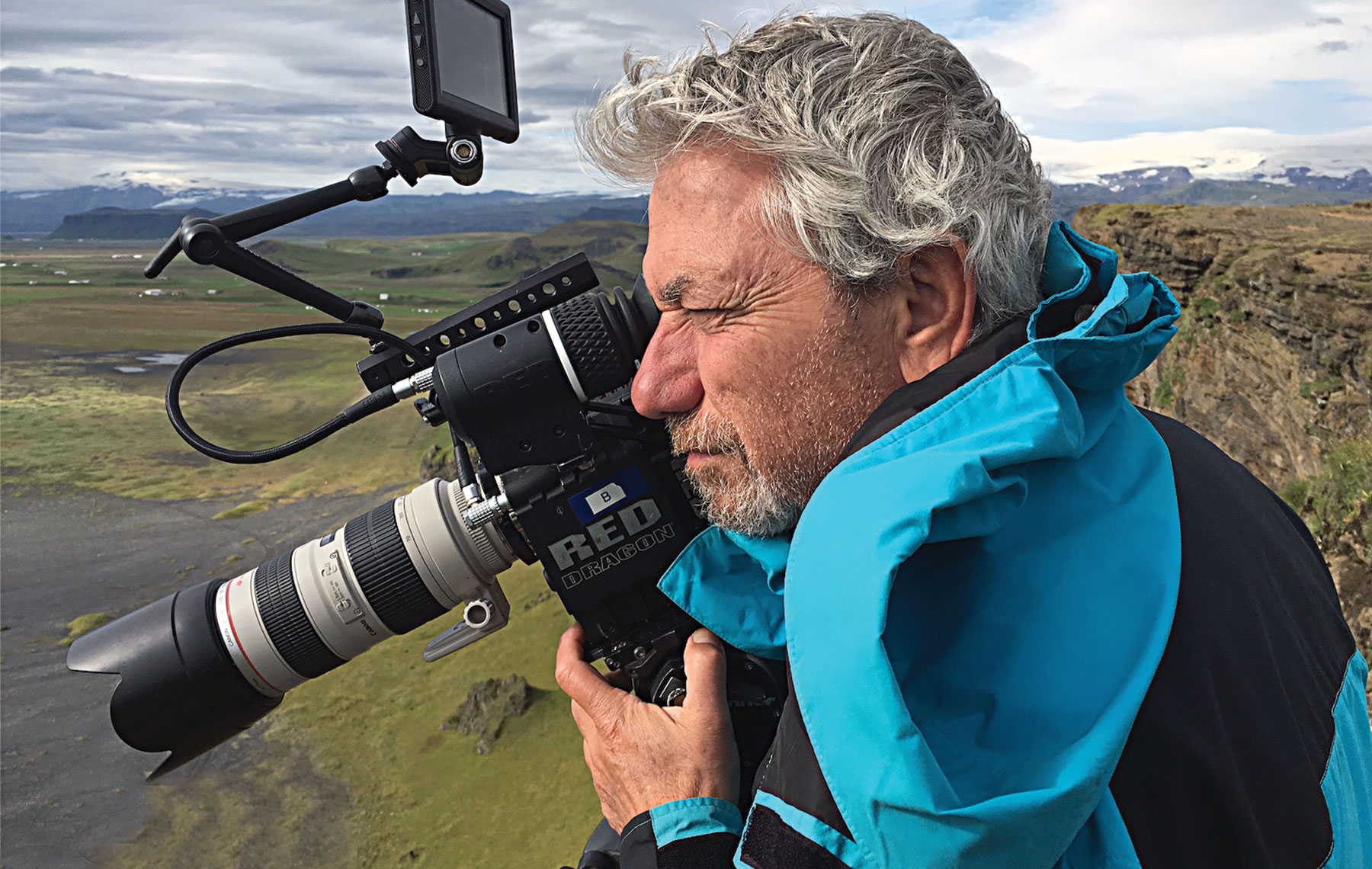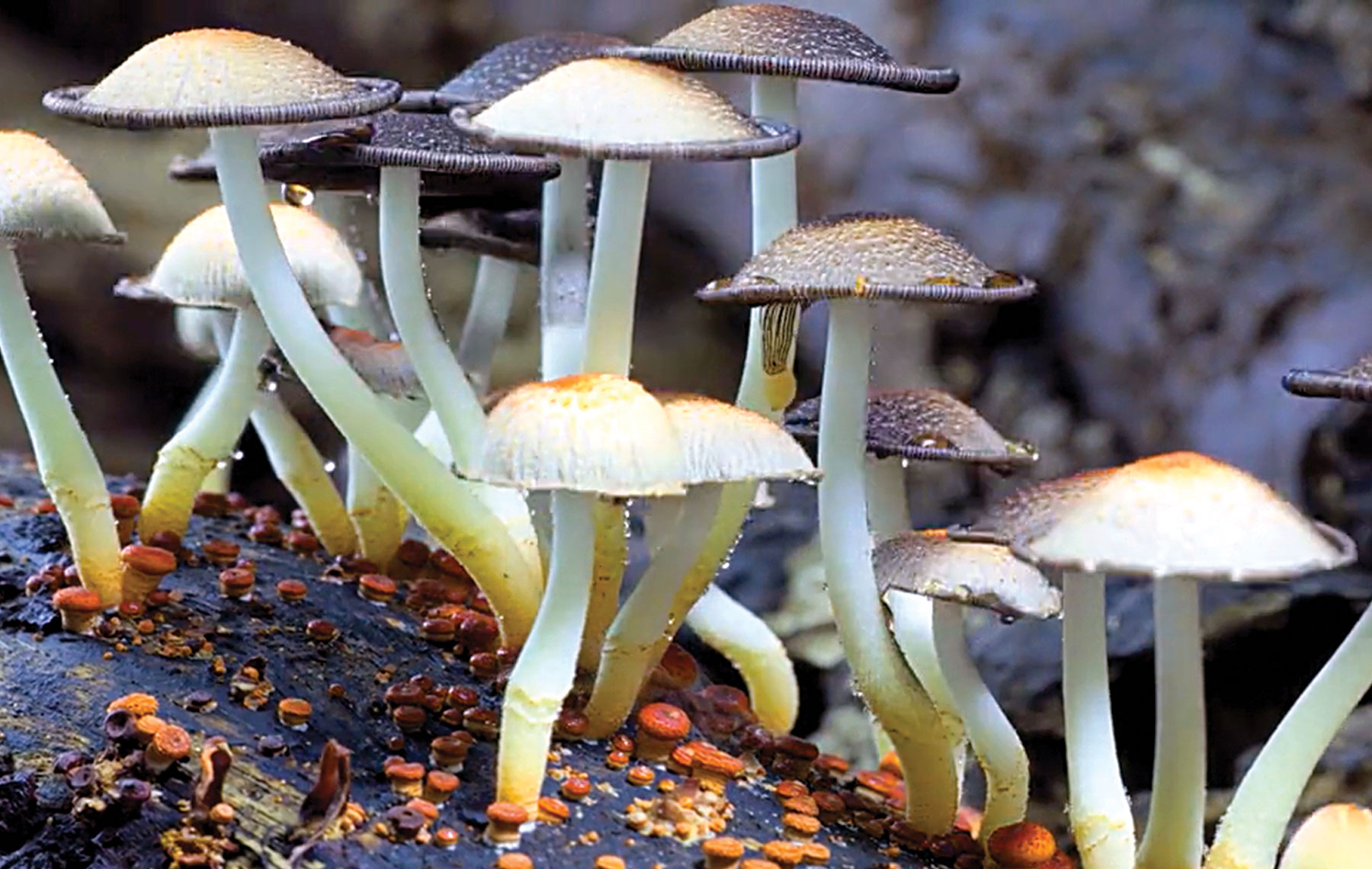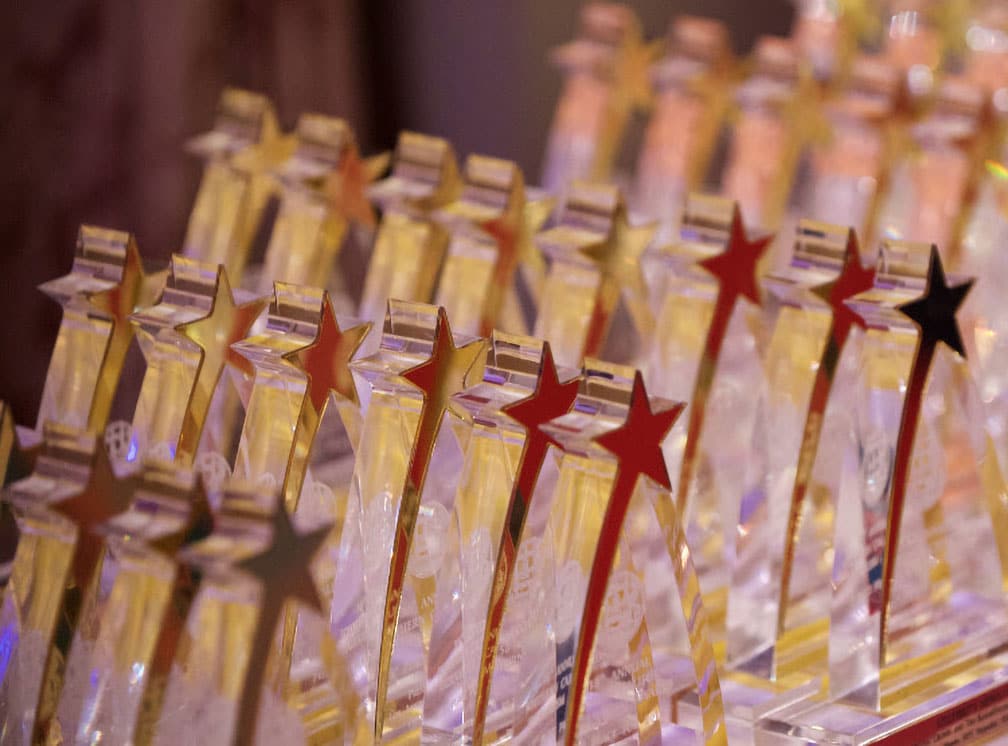 Louie Schwartzberg
Louie Schwartzberg It may be just an underground vegetable but there’s more to mushrooms than meets the palate or the eye. In the documentary “Fantastic Fungi,” filmmaker and time-lapse cinematography pioneer Louie Schwartzberg uncovers the power that fungi have to renew the soil, slow climate change, expand our minds and heal as well as feed our bodies as he makes the connection between their microscopic world and our own.
“I love unveiling the mystery of nature’s intelligence. I’m fascinated by the little things that make the world go round,” Schwartzberg told the Journal.
“This is a story about the smallest organism on the planet, the mycelium network under the ground and the billions of interactions that are the fundamentals of life. It’s about cooperation, symbiosis, regeneration, nurturing and rebirth. It’s about the sense of wonder, to be able to see things from a different point of view of time and scale.”
Narrated by Academy Award-winning actor Brie Larson, the film tells that story through breathtaking photography, animation and interviews with experts including mycologist Paul Stamets, author Michael Pollan and scientists from New York University, UCLA and Johns Hopkins.
Schwartzberg came up with the idea 13 years ago when he met Stamets, and began filming time-lapse sequences of fungi. He had a library of footage from his documentaries, including “Wings of Life,” about bees, butterflies and hummingbirds, and his “Moving Art” series, but 90% of the film was newly shot for the film. “It can be a month to show a mushroom growing,” he said. “Typically. I’m capturing one second of screen time in a 24-hour period.”
The documentary depicts the ways in which fungi, dubbed “the digestive tract of the forest,” benefit the environment as well as their myriad medicinal uses. Penicillin, derived from a mold, “has saved more lives than any other medicine,” Schwartzberg said. In clinical studies, psilocybin — aka magic mushrooms — has had positive effects in treating post-traumatic stress disorder, reducing anxiety and depression.
Schwartzberg is a fan of edible and medicinal mushrooms. A vegetarian, he loves the meaty flavor they add to food and he has had experience with the psychedelic kind, which he calls “sacred medicine. It opened my eyes to seeing the world in a way that was more expansive and gave me a feeling of spirituality that was enlightening,” he said.
He believes that humans can learn a lot from the fungi kingdom about cooperation, symbiosis, relationships and nurturing. “Mushrooms have taught me that we need to live in harmony with the planet. If we could mimic this behavior it would put us on the right course that we’re not on right now, where we’re facing all these dire predictions of climate change and environmental destruction,” he said.
The son of Polish Jews who survived Auschwitz, Schwartzberg was born in Brooklyn, N.Y., the year after his parents immigrated to America. Growing up with them “influenced my life in a really profound way,” he said. “I learned to appreciate the little things in life because they appreciated a roof over their heads, food on the table, a steady job and the miracle of being able to have children. That attitude of appreciation fits with me becoming an environmentalist and trying to protect all forms of life, wanting to make the world a better place. Heal the world is the mantra for Judaism.”
His family moved to California when he was 6 for his father’s aerospace career. Raised in “a traditional home but without the rigidity of ultra-Orthodox Judaism, I’ve always loved the traditions of Judaism and observe most of the holidays,” Schwartzberg said. “I come from this incredible history and tradition of Judaism and a lineage that goes back thousands of years is something that I cherish.” As the father of two daughters and grandfather of two boys, he added, “I want to see that continue with my family.”
Schwartzberg, whose next film will be about “gratitude and wonder,” is a graduate of UCLA film school and lives in Studio City. He originally planned to be a lawyer, but it was the tumultuous Vietnam War era, “and there was a revolution going on outside the classroom door. I quickly learned photography to document the protests and the police brutality. I found it a lot easier to do photo essays for poli-sci class than writing a paper,” he said. “I found my voice and fell in love with photography, which led to cinematography and filmmaking.”
His sub-specialty came naturally to him. “I enjoy making the invisible visible, which got me into doing time lapse and slo-mo, pushing the boundaries of cinematography. I love shooting nature because I love doing a deep dive into what makes it work. I love asking why,” he said. “Nature is like an onion: you keep peeling off the layers and go deeper and deeper. It’s a journey you go on and never get to the end.”
“Fantastic Fungi” opens in theaters on Oct. 25.























 More news and opinions than at a Shabbat dinner, right in your inbox.
More news and opinions than at a Shabbat dinner, right in your inbox.